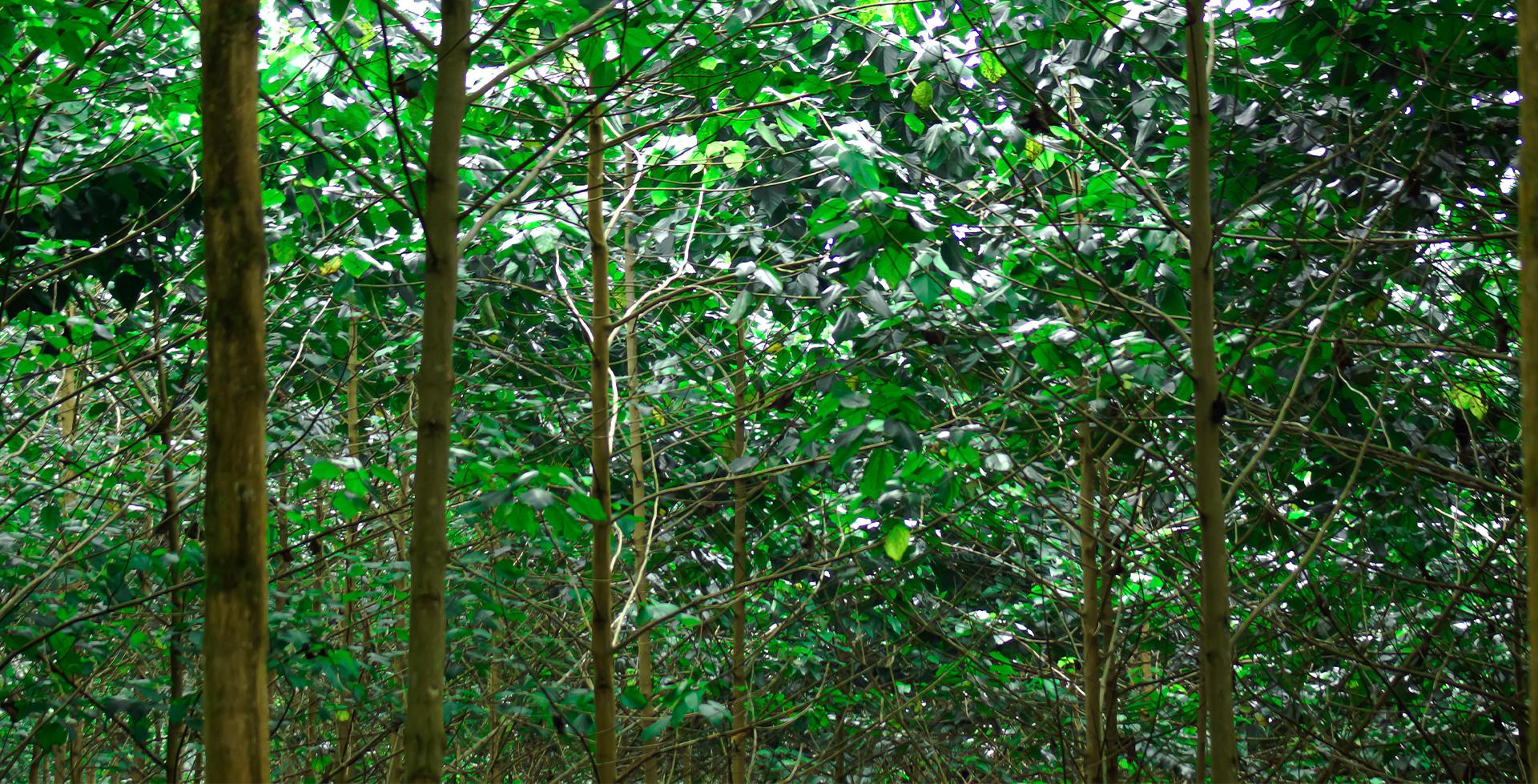Climate Action
2021-04-22The temperature of the Earth is increasing as a result of the high emission of greenhouse gases. Its impact is already tangible and will continue to grow unless we do something to prevent it. Former US President Barack Obama once said: “We are the first generation to feel the effect of climate change and the last generation who can do something about it.” It has become more frequent to hear of extreme weather events at different latitudes. We see snowy landscapes diminish, we know that the oceans are warming and that the glaciers are melting. It is a reality that scientists alerted us to, and that nature itself also reveals to us.
The effects of climate change also put agriculture at risk, and consequently food security. According to a study carried out by Cornell University and released earlier this month, the increase in temperature caused by climate change affects agricultural productivity, both in countries with hot and cold weather. According to the analysis, since 1961 agricultural productivity has been reduced by 20% due to anthropogenic climate change. What, expressed in another way, would be as if agriculture had stopped growing since 2013. “In essence, anthropogenic climate change is operating as a headwind for the global agricultural sector, shaving increasely larger bits of productivity growth every year.” Said Ariel Ortiz-Bobea, Associate Professor, Dyson School of Applied Economics and Management. “Something we found is that higher temperatures are becoming increasingly detrimental. So not only warmer temperatures are getting more frequent, we are also becoming more vulnerable to them.” All this despite the technology developed in recent years.
The world is 1 ° C warmer than before the industrialization era and it is estimated that, if the trend continues, it could reach 3.4 ° C by the end of the century. According to information provided by the Intergovernmental Panel on Climate Change (IPCC), we know that CO2 emissions worldwide have increased by almost 50% since 1990.
The goal of the Paris Agreement is to prevent global warming from exceeding 1.5 ° C and to keep us in a safer range. Likewise, the UN SDG13 (Sustainable Development Goal) proposes the incorporation of measures, strategies and national plans related to climate change.
How can we tackle climate change?
It requires a global commitment and cooperation between governments, organizations and industries to establish policies and mechanisms to reduce greenhouse gas emissions. Actions such as incentives for the use of renewable energies and facilitating their commercial access, caring for existing ecosystems, reforestation and supporting small farmers are some examples.
On the other hand, it is also essential that every human being becomes aware of this problem and makes concrete commitments in their lifestyle that contribute to reducing their carbon footprint. We are more than 7,700 million people in the world and each one has an effect on our nature. Taking the wise words of the American journalist, Mia Armstrong: “Although the magnitude of climate change may make individuals feel helpless, individual action is critical for meaningful change.”
Reybanpac joins the action for the climate!
At Reybanpac we set ourselves the goal of obtaining the carbon neutral certification for our fruit and we are on track to achieve it in a near future. For this, we have been working on measuring our CO2 emissions associated with the life cycle of bananas, while we have developed a forestry plan to capture carbon dioxide out of the air. Currently, we have more than 5 thousand hectares of forest plantations. That's millions of trees that purify the air. It should also be noted that these forests were planted in areas that before our intervention served as pastures or other activities. Therefore, through reforestation these soils have been restored, which contributes to increasing resilience to climate change.
Likewise, in Reybanpac we have optimal soil management of our banana crops through sustainable agricultural practices. A healthy soil has an important role in mitigating climate change since it contributes to the storage of carbon and the reduction of the emission of greenhouse gases.
The conservation of primary forests, which are lungs for our planet, is of the utmost importance to combat global warming. We believe that preserving our environment is the greatest contribution we can make to humanity and all the beings that inhabit it. This has driven us to a strong environmental commitment. Within our actions, since 1998 we have assumed the protection of the Río Palenque tropical rainforest through the Wong Foundation. This 115-hectare reserve located in the Los Ríos province is the only remaining primary forest in the upper Guayas basin. Our job is to take care of the forest and its biodiversity while generating environmental awareness in the community, especially among young people.
The Earth is generous with humanity, but it needs our care in order to continue giving us its gifts. We are all called to join efforts and implement concrete actions to reduce the emission of greenhouse gases that threaten it today. Let's unite! For the Earth, for us and for future generations.
